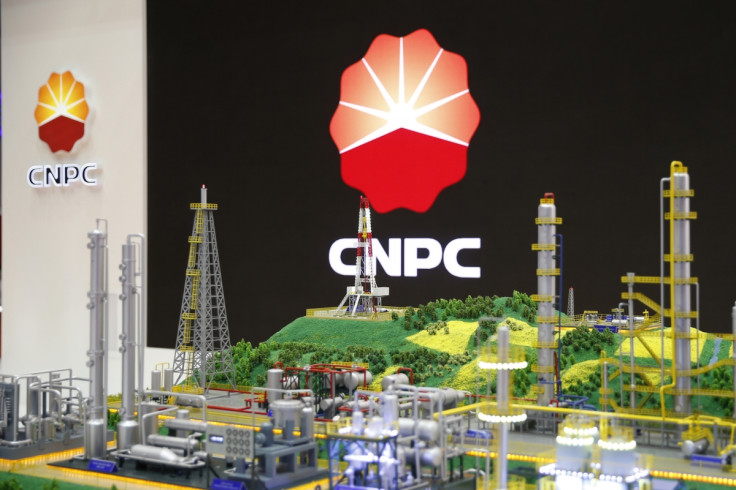CNPC and PetroChina complete asset reshuffle to allow external investors

China National Petroleum Corporation (CNPC), the Chinese state-owned oil company, recently concluded a complicated asset shuffle that will allow external investors in three of its pipelines that carry gas across China. The decision to sell stake is in line with CNPC's efforts to consolidate its pipelines business amid weak revenues. Due to the sharp decline in oil prices in recent years, revenues at both CNPC and its Hong Kong-listed unit PetroChina, have dropped "dramatically" this year, Wang Dongjin, PetroChina president, said.
This will not be the first time the corporation has divested a portion of its pipelines. In 2013, PetroChina sold stake worth 20bn yuan (£2.1bn, €2.8bn, $3.1bn) in some of the pipelines to Baosteel, a state-owned steel mill and other institutional investors to facilitate completing a few massive projects. The current sale is an extension of this sale, according to the Financial Times.
As recently as last month, PetroChina sold a part of its Trans-Asia Gas Pipeline business to China Reform Holdings, a state-owned asset holding company for between 15bn yuan-15.5bn yuan
PetroChina on Thursday (24 December) said it would consolidate three pipeline companies into PetroChina Pipelines and while it would own 72.26% stake in it, others who turned shareholders as a result of the 2013 transaction, namely – Guolian, the domestic fund management company, The National Social Security Fund, Taikang Life, Baosteel, New China Life and five Chinese investment funds – will own the remaining portion of the combined entity.
China's domestic natural gas industry has so far been limited by CNPC which controls most of the country's pipeline network. However, Beijing has indicated that it could form a separate pipeline monopoly to encourage the development of the industry. While Beijing has allowed such asset reshuffles as part of economic reforms, it is yet to open the sector to private investment.
© Copyright IBTimes 2025. All rights reserved.





















